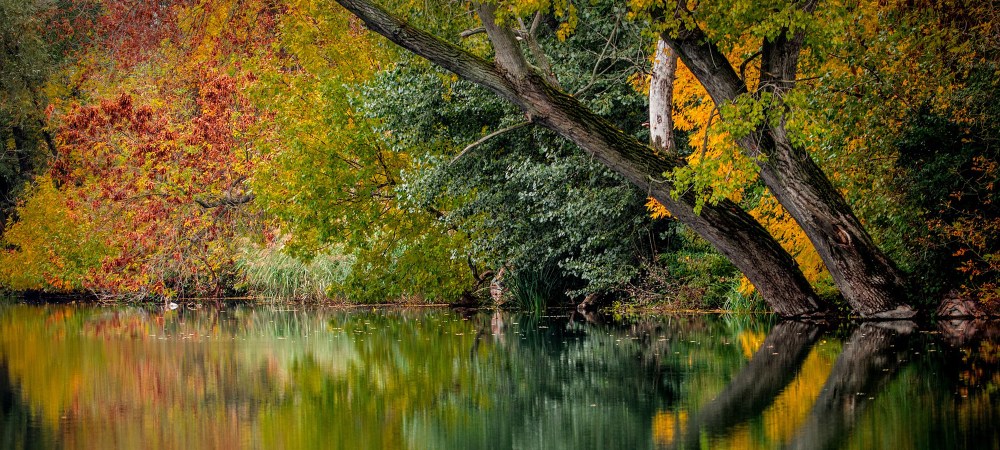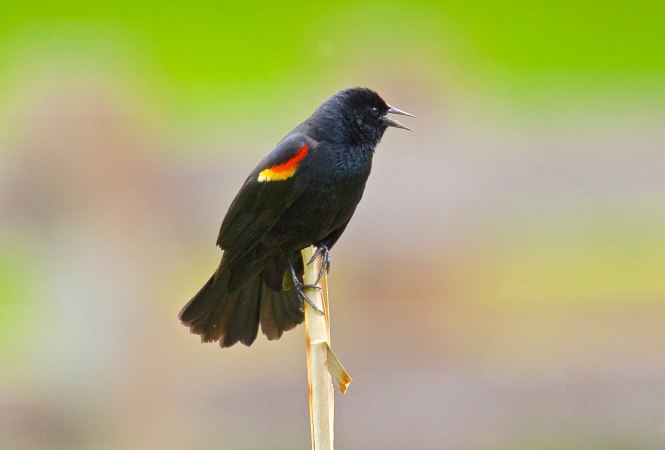

This story originally appeared on outdoorlife.com.
It’s been said that hunger is the best spice—but what happens when that spice is all you have left? Running out of food in the backcountry is no joke, and without a way to resupply, we are at the mercy of the environment and what it provides. This may be a meager food supply from wild plants and game animals, or nothing at all. Hopefully, you never have to face a survival situation with a dwindling food supply, but if you do – here are three tips to keep your hunger from getting the best of you.
1. Acknowledge The Numbers
Survival is a game of calories. You are constantly trying to mitigate calorie loss and look for sources of calories that make sense. If you spend an hour trying to grab a small fish in a frigid pool of water, you’ve lost hundreds of calories to gain just a few calories (and that’s assuming that you catch the little fish). It just doesn’t make sense. Sure, you’re hungry and bored, but the reward has to justify the expense. Stay mindful of your calorie intake and expenditures, and you’re more likely to make smart choices.
2. Stay Hydrated
Some of the pangs of hunger can be offset by drinking water and other beverages, as they fill the stomach with something other than emptiness. Your drink can even provide some nutrition, if you know your local wild edibles. Wild teas can provide necessary fluid, as well as vitamins and minerals. Play your cards right, and your tea might even taste good!
RELATED: 7 ingenious ways to deal with food waste.
3. Embrace Distraction
Sitting on a stump and dreaming about your favorite foods is a poor way to pass your time during a wilderness emergency. Instead, try to distract yourself with useful tasks and hunger blocking thoughts. Divert the attention from your belly to something else, and you can pass the time with a little more comfort.
How would you manage your hunger if you weren’t able to find food in the wild? Please share your thoughts by leaving a comment.















